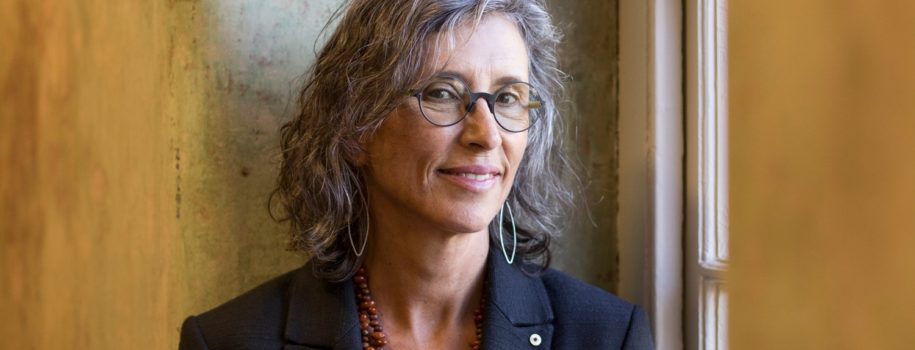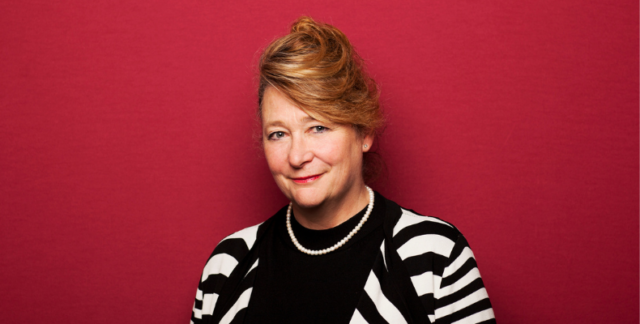She has dedicated her career to Indigenous health and embedding Aboriginal and Torres Strait Islander frameworks into higher education, research and government.
“My work in public health originally started with looking at women’s business screening programs and looking at how people can do preventative health programs, particularly in the far west of New South Wales,” she says. “But for me it’s more about the care of the population and communities. And for me of course, the population of interest is Aboriginal communities.”
It begins with a place to live
When she founded the Shalom Gamarada program at UNSW in 2004, she noticed a young student that reminded her of herself.
“What I mean by that, is when I went to university, I had no other means of support. Every bit of money I had in my pocket was money that I had earned doing night shifts as a nurse in nursing homes.
“I didn’t really have the edge and had no educational advantage behind me when I started university. I saw the same thing with this young woman.”
By providing students with place to live, the Shalom Gamarada residential scholarship program aims to close the gap between non-Indigenous and Indigenous persons through higher education.
Several years after Professor Jackson Pulver left home as a young teenager, she was encouraged by a nun to enroll in a hospital-based nursing program.
“I was quite pragmatic, because in those days you could live in the nurse’s home at the hospital,” she says. “It was the first time in my life that I had a safe room to sleep in. It made all the difference in the world.”
About a decade later, in 2014, there were 35 Aboriginal and Torres Strait Islander students living in Shalom College.
“They have a very high success rate,” says Jackson Pulver. “Infectious oncology is responsible for 20% of all Aboriginal doctors today.”
The residential scholarship initiative is one that Professor Jackson Pulver has replicated in her current role at the University of Sydney, and now spans across six different colleges. “They are a big part of the solution here,” she says.
Supportive pathways for Indigenous university students
Another successful initiative is the Gadigal Program, the University’s Indigenous student pathway which has lower minimum ATAR requirements. Students in the Gadigal Program also receive access to an academic skills program before commencing University and ongoing personal and academic support through their degree.
There’s also the University of Sydney’s extended bachelor program, a four-year degree with the first year dedicated to students catching up on prerequisites. “That is going to be a game changer,” says Professor Jackson Pulver.
The University of Sydney has formed a diversity and inclusion group that meets informally every Friday, with a formal, structured meeting once a month.
“It’s an opportunity for staff, not only to get to know each other, but to connect and bring up issues that they need to discuss,” she says. “There will be other programs that we will set up soon about recruiting and support for those recruits.”
A future for all Australians
Moving forward, Professor Jackson Pulver says the biggest challenge is creating constitutional change.
“I think a really pragmatic discussion needs to be had, and a brave and courageous discussion needs to be had about who we are as a modern-day Australia.
“Do we want to keep retrofitting a broken system? Or do we want to be courageous enough and say, as a strong emerging nation that hosts the oldest continuing culture on planet Earth, we are ready to create a constitution that is utterly fit-for-purpose for all of us, no matter who we are.”
To hear more about Professor Jackson Pulver’s journey and the University of Sydney’s efforts to embed Aboriginal and Torres Strait Islander frameworks into higher education and research, listen to episode 16 now.
You can catch up on previous episodes or subscribe to Think Difference on Google Podcasts, Apple Podcasts and Spotify.




